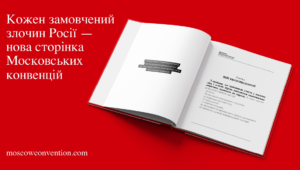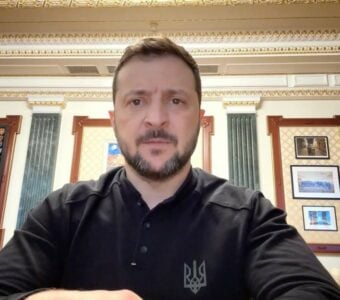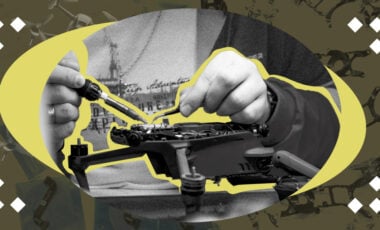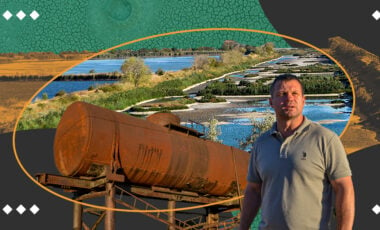Study reveals key solutions to strengthen Ukraine on the way to European integration
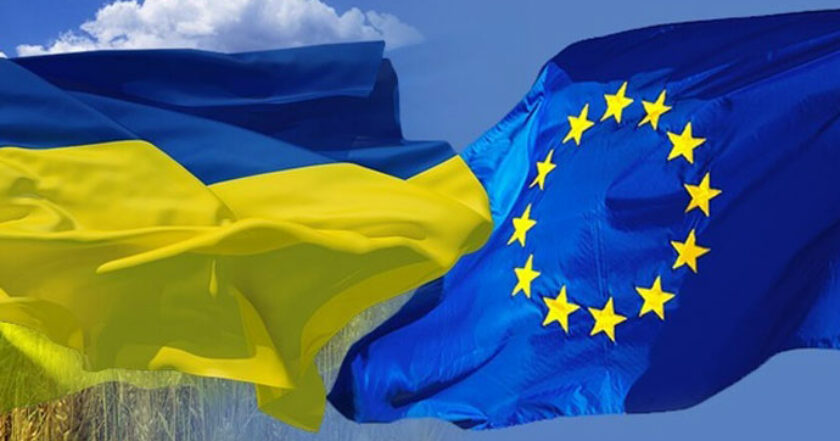
Photo: From open sources
Practically all stakeholders in Ukraine need educational programs on European integration. This conclusion comes from the newest study on existing EU integration projects.
Rubryka attended the panel on "Civil Society Engagement in Ukraine's Negotiation Process with the EU," where the Ukrainian Center for European Policy (UCEP) presented the results of their research.
What's the problem?
Ukraine is on the verge of starting EU accession negotiations, requiring the creation and execution of a program supported by all involved parties. While there's overall support for European integration of Ukraine, there's a lack of a deep understanding of its practical implications.
What's the solution?
The UCEP conducted the "On the Path to European Integration" study, analyzing existing projects between 2022 and 2023 to identify the priorities and needs of key stakeholders involved in the European integration process.
The study involved 36 interviews with state representatives, businesses, and donor organizations, among others, and a survey among 20 civil society organizations.
How does it work?
Experts identified 112 European integration projects divided into clusters. Most projects in Ukraine deal with fundamental issues, such as the rule of law. According to UCEP analyst Oleksandra Bulana, these include 37 projects.
"The second-largest direction is the green agenda and sustainable development — environmental protection and energy projects. The third direction involves overall European integration issues, including trips and forums," Bulana said.
Fewer programs are dedicated to the internal market and agriculture, she added.

Photo: Screenshot from the presentation of research results
These initiatives are primarily EU-funded and aimed at strengthening government institutions.
"The projects are designed to help governmental bodies implement European integration reforms, prepare legislative analyses, and more," said the UCEP analyst.
Within the negotiation process with the EU, Ukraine will need to implement about 3,000 normative acts.
Lack of expertise and resources is a major issue faced by government bodies as the main players in European integration, say the authors of the study. Attendees from the government, parliament, and public sector fully support this conclusion.

Photo: On the screenshot, from left to right: Head of the Local and Regional Development Department of the EU Representation in Ukraine Henrik Witfeld, Director of the Center for Economic Strategy Hlib Vyshlinskyi and First Deputy Chairman of the Ukrainian Parliament Committee on Ukraine's EU Integration, Vadym Halaichuk
Executive Director of the Center for Economic Strategy, Hlib Vyshlinskyi, stated, "Ukraine lacks the capacity to implement European integration changes, as no one expected such a possibility to emerge so soon."
As per the UCEP findings, the experts developed recommendations primarily for donor organizations. Bulana said the main suggestion is that practically all stakeholders, including public servants, independent experts, civil society workers, journalists, and businesses, require educational programs in European integration.
She stressed the second key issue: support and execution of civil service reform. Providers offering technical support to Ukrainian officials receive several times higher salaries than Ukrainian civil servants. However, civil servants bear the primary responsibility for developing and implementing regulatory acts.
The third aspect emphasizes the need for more intersectoral collaboration, allowing Ukraine to develop its negotiation stance on European legislation.
On Wednesday, November 8, the European Commission officially recommended that EU member states begin EU accession negotiations with Ukraine. However, Kyiv must still adopt part of the reforms.






